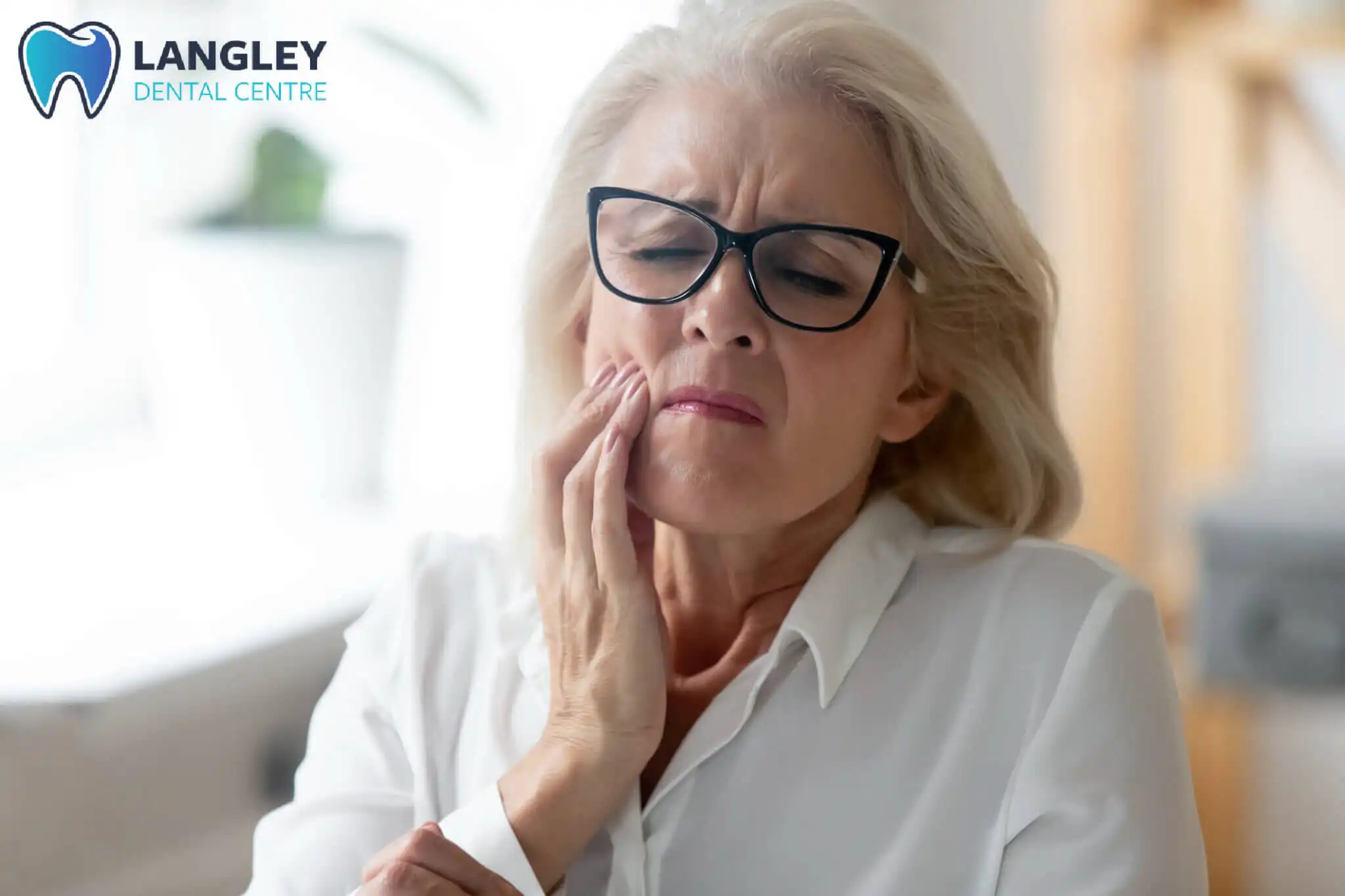Emergency dental care can be scary, especially if it’s your first time experiencing it. The good news is that with the right preparation and information, you can be better equipped to manage a dental emergency and get the care you and your family need as quickly as possible. As your local Langley family dentists, we want to provide you with helpful information so that you can be prepared in the event of a dental emergency. Whether it’s a knocked-out tooth, a severe toothache, or an injury to the mouth or jaw, it is important to know how to respond to a dental emergency. Let’s dive in and review some of the steps you can take to make sure you know what to do during a dental emergency and get the care you need.
What is a Dental Emergency?
A dental emergency is any situation that requires immediate dental care to prevent loss of teeth, control pain or avoid further injury to your gums. This could include:
- a broken or knocked-out tooth
- severe toothache
- injury to the mouth or jaw
- soft tissue injury (e.g. gums)
- an abscess that is causing pain
Generally, dental emergencies involve pain, but a large number of emergencies can be pain-free. If you have lost a filling, but aren’t feeling any pain, it may still constitute a dental emergency. Our emergency dentists treat dental emergencies based on cosmetic and health concerns.
If you are experiencing any of these issues, it is important to seek professional dental care as soon as possible. By ignoring a dental problem, you may increase the risk of permanent damage, as well as the future need for more extensive and costlier treatment.
How to Ensure You are Prepared for a Dental Emergency
Preparing for a dental emergency is something we all need to do, especially if we have kids. It is important to take the necessary steps to ensure you are prepared for any potential dental crisis because reaction time may be an important factor.
Firstly, you need to keep up with your routine dental exams and cleanings. This will allow your dentist to identify any potential issues before they become an emergency.
Additionally, it is important to have a dental first aid kit on hand in case of any minor dental emergencies. This should include items like dental floss, gauze, and a cold compress.
In the event of a major dental emergency, it is important to have the contact information of your dentist and any other professional medical services close by.
Finally, it is important to be informed about the different types of dental emergencies and the proper steps to take when one occurs. Taking these steps will help ensure that you are prepared for any potential dental emergency.
Home Care for a Dental Emergency
If you experience a dental emergency, it is important to take steps to protect your teeth and gums until you can get to your dentist. Let’s explore actions you can take for home care of some of the most common dental emergencies:
Toothache
If you experience a toothache, you can alleviate the pain with over-the-counter pain-relieving gel for your mouth, or painkillers, like ibuprofen or paracetamol. Kids younger than 16 should not take aspirin. You can also rinse your mouth with salt water to reduce inflammation, however, children should not try this. If the pain is accompanied by swelling, you can try applying a cold compress to the area for 15 minutes at a time.
Lost Filling
If you have lost a dental filling, don’t worry! It’s a common occurrence and can be easily fixed. You should try to keep the affected tooth as clean as possible to prevent bacteria from damaging the exposed tissue. You can also place a piece of sugarless gum or over-the-counter dental cement into the hole to protect the exposed area until you can get to a dentist. What’s more, you should avoid chewing on the side of your mouth where the filling fell out.
You ought to make an appointment with your dentist as soon as possible. If you put off going to your dentist to replace the filling, your tooth can decay and cause more serious issues. So, call your dentist and make sure that your tooth remains healthy and strong.
Knocked Out or Broken Tooth
If you have knocked out a tooth, contact your dentist immediately. When you pick up your knocked-out tooth, try not to touch the root, hold it by the crown and if it’s dirty, rinse it in water. Then try to place it back into the socket (don’t do this it’s a baby tooth). If you can’t place it back into its socket, then put it in a cup of milk until you can get to your dentist. Knocked-out teeth with the highest chances of being saved are those seen by dentists and returned to their sockets within 1 hour of being knocked out.
Similarly, if you have a broken or chipped tooth, try to find the chipped piece and store it in milk until you get to your dentist. If you can’t find the tooth fragment, your dentist can easily rebuild it or cover it with a dental crown.
Bleeding Due to an Injury
If you experience bleeding, firstly rinse your mouth with a mild salt-water solution. Then apply a piece of gauze to the area. Maintain the pressure for about 10 to 20 minutes or until your bleeding stops. If you have swelling or pain then you should also apply a cold compress for about 10 minutes to the outside of your mouth to keep the swelling down and relieve the pain.
If the bleeding doesn’t seem to stop, you have to see your dentist right away. If that’s not possible then you have to go to a hospital emergency room. In the meantime, you should continue to apply pressure on the bleeding site with the gauze until you receive treatment.
How to Prevent Dental Injuries
As family dentists, at Langley Dental Centre, we always remind our patients that “an ounce of prevention is worth a pound of cure” when it comes to their oral health. You should try to keep up with your dental hygiene appointments and daily dental oral care as well as your dietary intake. In addition, you should:
1. Wear a mouthguard when participating in contact sports.
2. Wear a seatbelt when driving.
3. Avoid chewing hard candy and ice.
4. Avoid using your teeth to open packages or bottles.
5. Be careful when using sharp objects around your mouth.
6. If you experience any pain or discomfort in your mouth, contact your dentist right away.
Contact Your Dentist Immediately
It is important to seek the advice of your dentist as soon as possible following a dental emergency. Do not delay seeking treatment, as it could result in further damage to your teeth or gums. It’s also a good idea to ensure that you are familiar with your dental insurance plan and the type of coverage available for dental emergencies.
At Langley Dental Centre, we offer our patients same-day emergency dental appointments during business hours, however, if you have a severe dental emergency outside our business hours then you should go to the nearest hospital emergency department.
Please give us a call at 604-455-6247 for treatment of your dental emergency. We work long hours (our Langley dental clinic is open until 6:00 PM and offers Saturday appointments so it is easier to accommodate immediate appointments). For more information about our emergency dental services, you can also contact us online.



